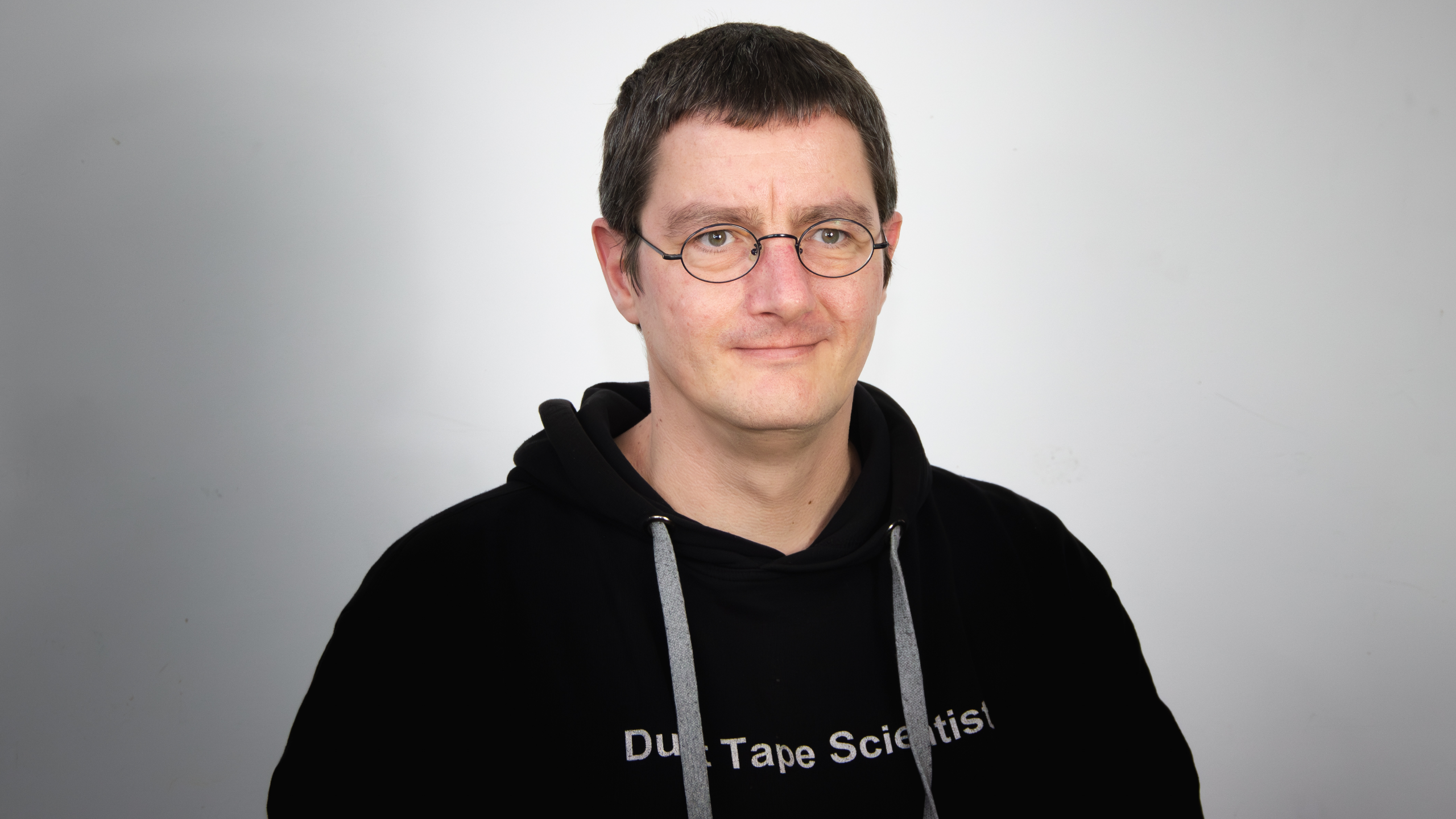Finding design patterns in law: An exploratory approach
| Author: | Koulu, R., Peters, A., & Pohle, J. |
| Published in: | |
| Year: | 2021 |
| Type: | Working paper |
Currently, the importance of design is recognized across society and advocated for in ethical guidelines surrounding the development of information systems. The concept of design patterns was originally introduced by design theorist Christopher Alexander, to identify and collect reusable design solutions for desired social interaction in physical spaces. The concept was then adopted by software developers to enhance problem solving through collecting functional design solutions. Our exploration is motivated by the notion of law as abstract architecture meant to regulate social interaction. We hope to transfer the concept of design patterns to law, as such analytical practice would facilitate the identification of recurring good solutions across different fields and, ultimately, the repeated practice of pattern recognition would contribute to law’s proactive capabilities. We engage in an exploratory approach to describe the conceptual evolution of design patterns from architecture to software and to legal design. We discuss the process of pattern recognition as a collective iterative process and then proceed to identify three examples of legal design patterns in law. Following this exploration, we perceive design patterns particularly useful for identifying procedural structures and conclude by discussing the advantages of the approach for socio-legal research on proceduralization and automation of law.
| Visit publication |

Connected HIIG researchers
Riikka Koulu, Prof. Dr.
Amadeus Peters
Jörg Pohle, Dr.
- Open Access
- Transdisciplinary



